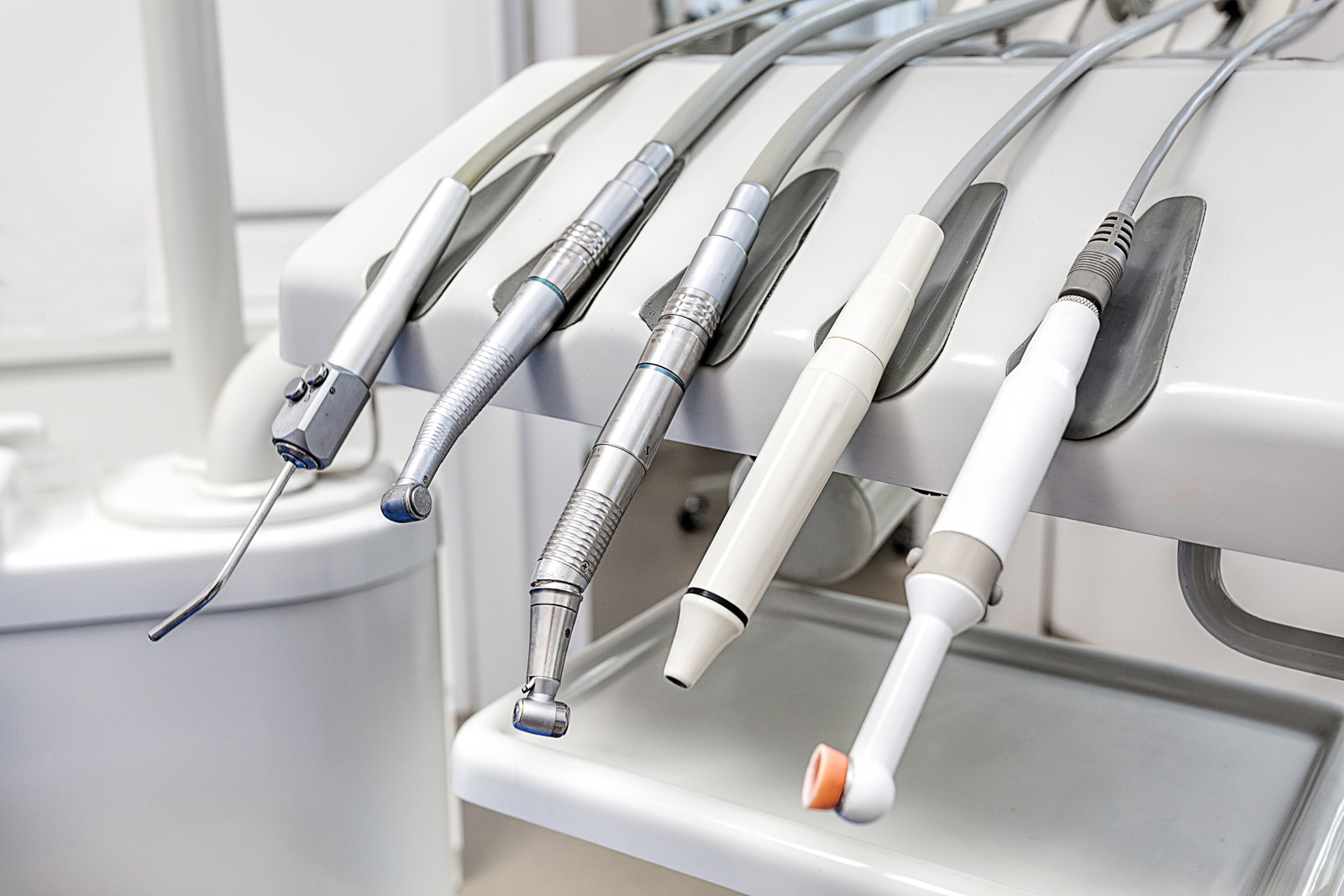When it comes to your teeth and gums, cleaning is one thing. But cleaning is another thing altogether. Not to mention cleaning. Clear as mud, right? Bear with us, and we’ll explain what we mean when it comes to getting and keeping your teeth and gums clean and healthy.
Dental cleaning near you comes in three varieties: routine daily cleaning at home; routine preventative cleaning; and cleaning for treatment purposes.
Routine daily cleaning at home
Brushing your teeth twice daily and flossing at least once daily will remove most food particles and most — but not all — plaque from your teeth. Even the most diligent people can’t help but miss plaque on hard-to-reach surfaces of teeth. If that plaque is left in place for too long, it will harden to tartar and fuel progressive tooth decay.
Preventative teeth cleaning near Kissimmee
At your twice-annual dental checkups, your dentist near Kissimmee and hygienists will perform prophylaxis or prophy cleaning for preventative purposes. During prophylaxis, all plaque and all accumulated tartar will be removed from all surfaces of each tooth — above and below your gums — using specialized equipment. Once plaque and tartar have been removed, your hygienist will use a fluoridated abrasive paste and polishing tool to remove as many stains as possible.
If someone is not particularly diligent in maintaining oral hygiene and does not attend regular dental checkups consistently, they may develop serious tooth decay and gum disease. Gum disease ranges in seriousness from minor gingivitis to minor periodontitis to severe and chronic periodontitis. For a patient with serious periodontitis, even prophylaxis may be insufficient to restore your gum health.
Cleaning for treatment purposes
Neither routine daily cleaning at home nor preventative tooth cleanings are enough to deal with and reverse serious gum disease. Periodontitis will trigger the performance of periodontal cleaning, root planing, or deep scaling. When performing scaling, hygienists use a manual or ultrasonic tool called a scaler to remove plaque bacteria and tartar from your teeth above and beneath your gums. Root planing is an even more thorough version of the same scaling techniques that leaves behind a smoother tooth and root surface to prevent bacteria, plaque, and tartar from clinging to and accumulating beneath your gums.
Timely and successful scaling and planning will help to reduce inflammation in your gums to allow them to heal and reattach securely to your teeth. If scaling and planning are successful, receding gums caused by serious periodontal disease may regrow over time upon the elimination of bacteria and infection.
On the other hand, unsuccessful periodontal cleaning may require more invasive treatments for severe gum disease may be required. Those treatment options may include laser periodontal treatment; bone grafting to replace tissue lost to advanced and advancing gum disease; and the placement of antibiotics directly into the gum pockets left behind by receding gums to try to deal with bacteria on a time-release basis.
The potential consequences of completely neglecting your oral hygiene are serious. That’s the bad news. On the other hand, the good news is that diligent daily hygiene can minimize the risk of gum disease and preventative teeth cleaning near you can reverse minor gum disease in the form of gingivitis. If you are concerned about the effectiveness of your oral hygiene regimen or any symptoms affecting your gums or teeth, make an appointment with a dentist near you.
Your dentist and hygienist will do what is necessary to get your teeth into the cleanest and healthiest condition possible and to demonstrate and entrench best hygiene practices.
